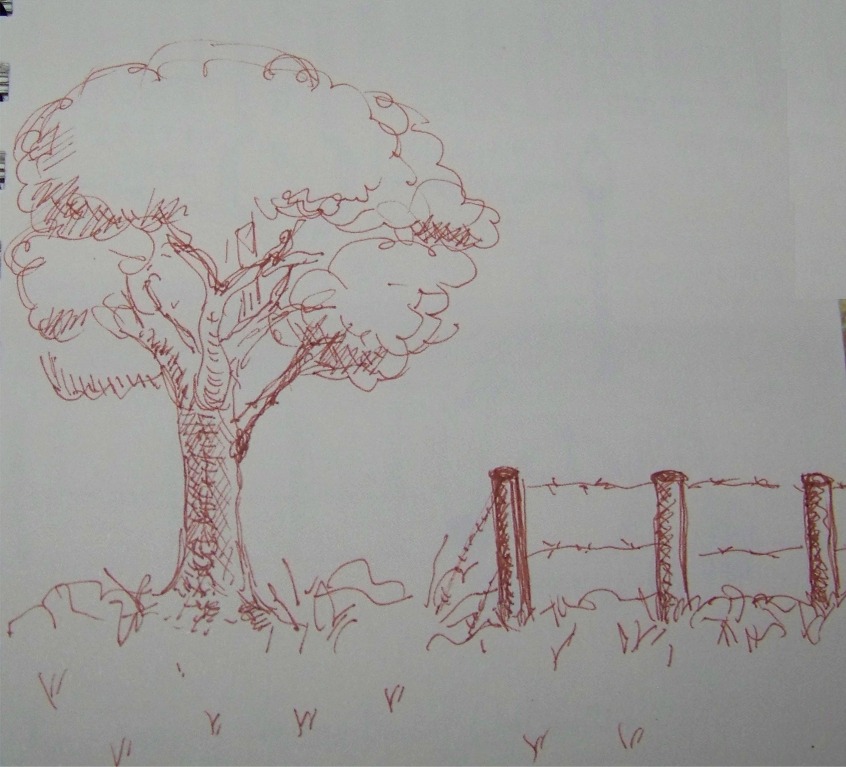Free WillDo humans have free will? Why is this an important question in philosophy? Is there a logical answer? Can science answer the question? What are the practical implications of the discussion? Questions about free will have been important since the beginning of philosophical study and debate. The topic has been intertwined with science as well as language and logic. If events in nature are determined by the laws of physics, are events in human experience also determined? For example, if you could re-play the Big Bang many times, would the same universe and the same solar system and the same Earth take shape each time? If so, are there parallels in human experience? Would re-playing the the same chain of events always lead to the same outcomes? Or, drawing from the indetermism of quantum physics, if randomness in the motion of quantum particles underlie the physical world, does randomness also underlie human events, still leaving no room for free will to alter the chain of events? The concepts of determinism and randomness in physics provide a theoretical basis for the debate. The science of the brain and of psychology bring the debate closer to human experience. Is there evidence for free will in behavior? If social science shows that people behave in a predictable manner in given circumstances, is it posssible that people's actions are not freely chosen? Or if people feel that their choices are constrained by circumstances, are their actions freely chosen? Or, on the other hand, if it feels to me like I have control of my decisions and actions, is that sufficient evidence of free will? If a human or animal brain is an organ of electrical nerve impulses, where is there an "agent" that can effect decision making and free will? If it feels like we humans (and animals) can make decisions and control our own actions (at least to some extent!) why does this debate matter? The debate is important -- from the pessimism that one answer could produce to the unrealistic expectations that another answer could produce. The debate is often tied to questions of criminal justice. How much are people really responsible for their actions? Should criminal justice focus on rehabilitation, retribution or restitution? What are the factors that increase or decrease crime in a community? What is the philosophical foundation for these efforts? The free will debate may also parallel many social, educational and environmental debates. How is human behavior affecting the environment, the food supply, or our personal health? Can informational campaigns and calls to action change human behavior? What is the role of education to shape culture and behavior? How do people respond to educational campaigns designed to change behavior or attitudes? The free will debate also has parallels in mental health, such as in various types of cognitive and behavioral therapy. Can therapy and self-help strategies help people to re-shape their thought patterns or behavior patterns or both? How much does our environment shape the thoughts that go through our brains? How much does our biology shape these thoughts? I am reading "Free Will: The Scandal in Philosophy" by Bob Doyle, who is also a participant in the Philosophy Cafe. This book has clarified the debate for me; previously I approached the topic with a purely experience-based approach. Whenever I've studied philosophy, I tend toward existentialism, grounding my philosophy in practical experience and science, social science, social, cultural and religious exploration, and sometimes impatient with questions that seem disconnected from human experiences. But this debate has some interesting connections between theory and experience. Now midway through the book, I am now digging more into Doyle's concept of a two-stage model of free will, and the relationship between creativity and free will, and interested in what this model means for opening up both practical and philosophical conversations about free will. J.M.L. |
